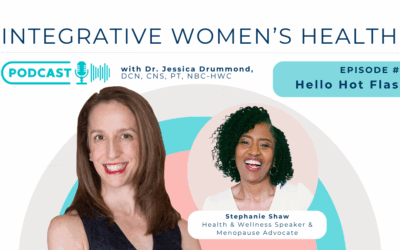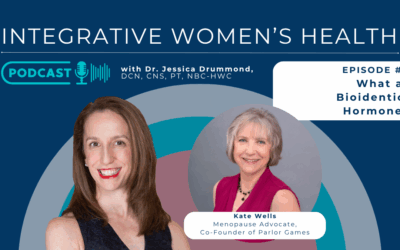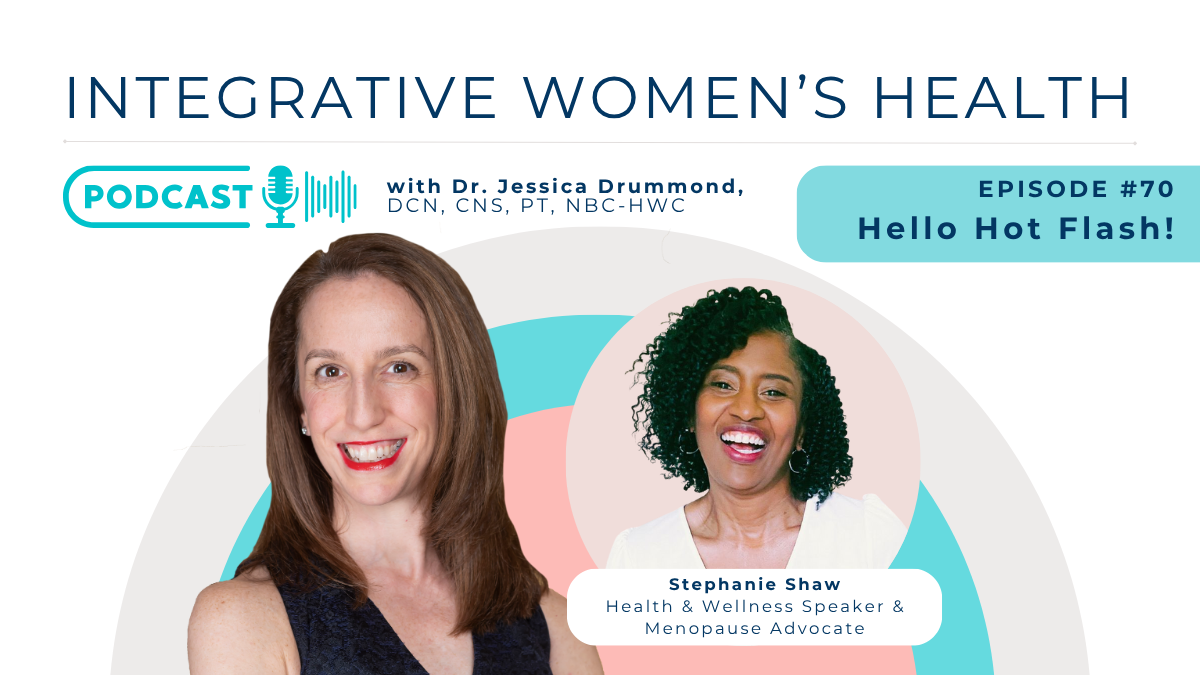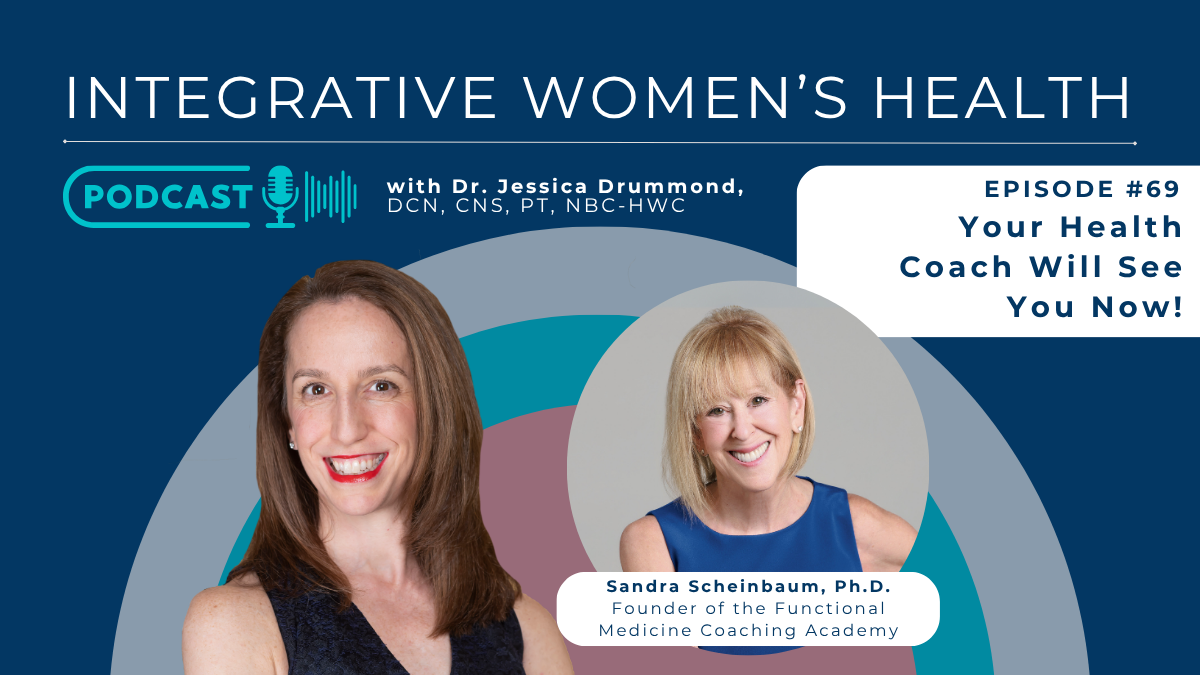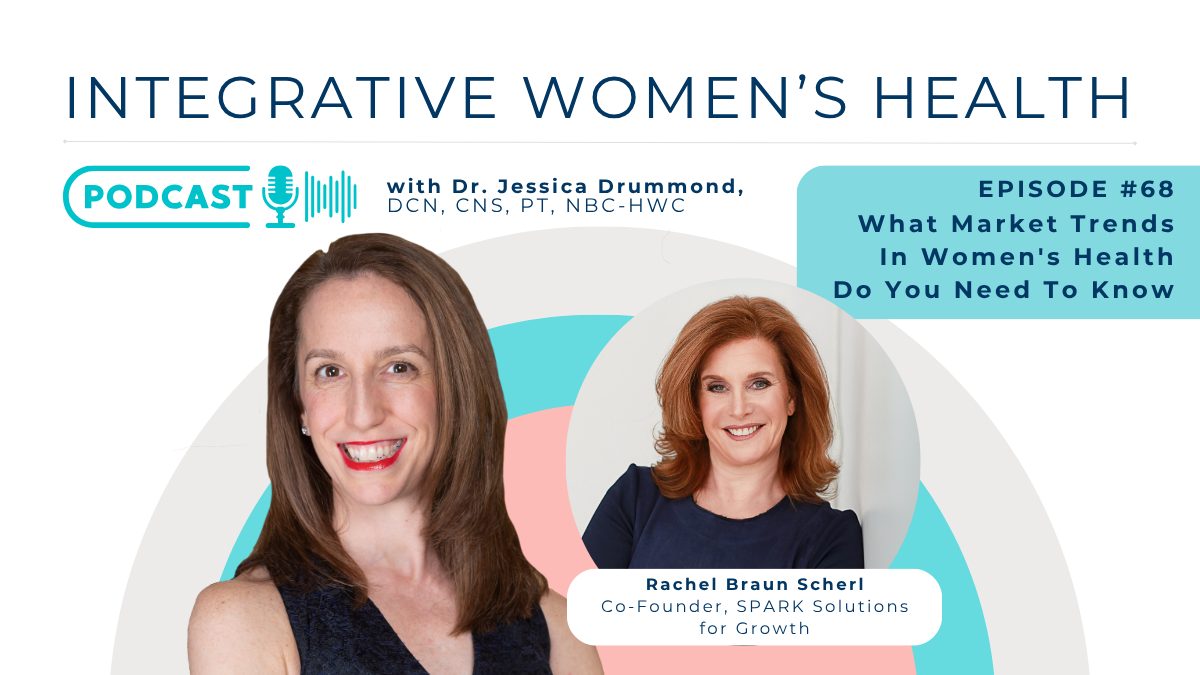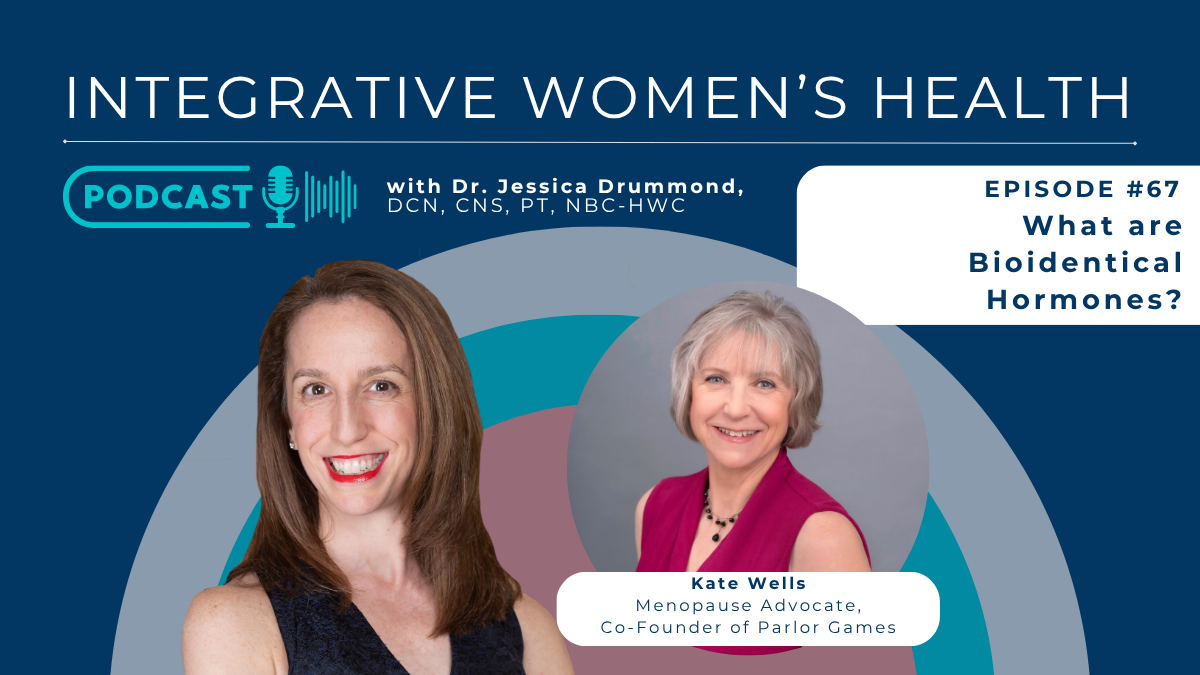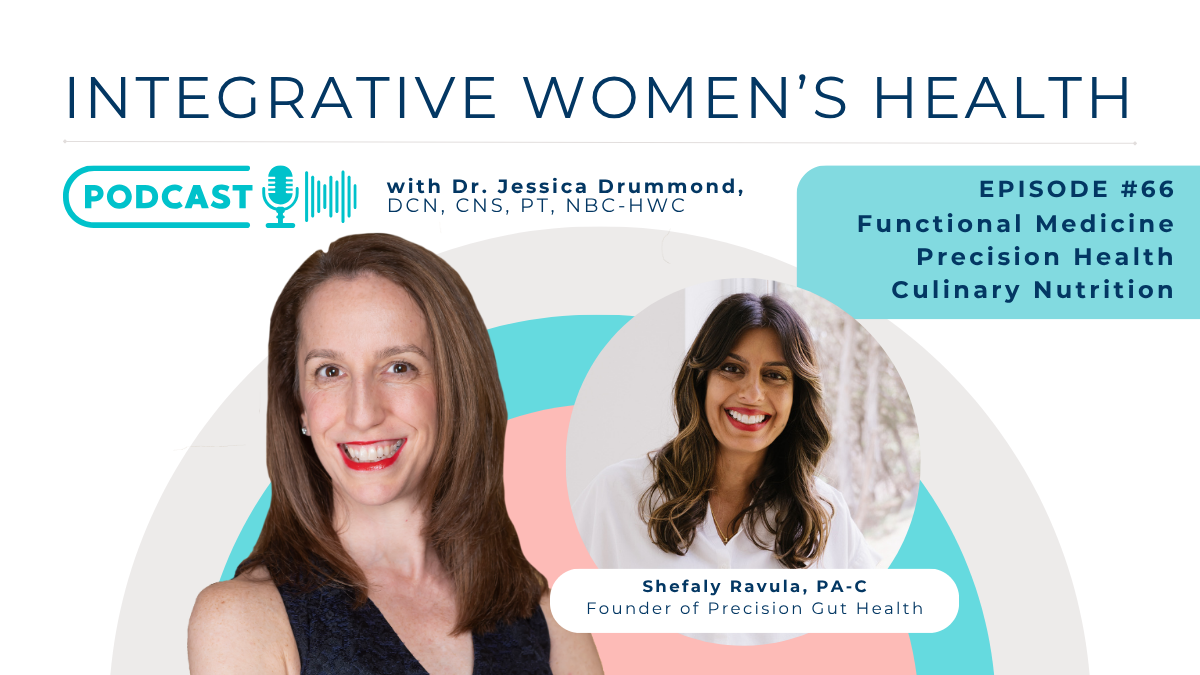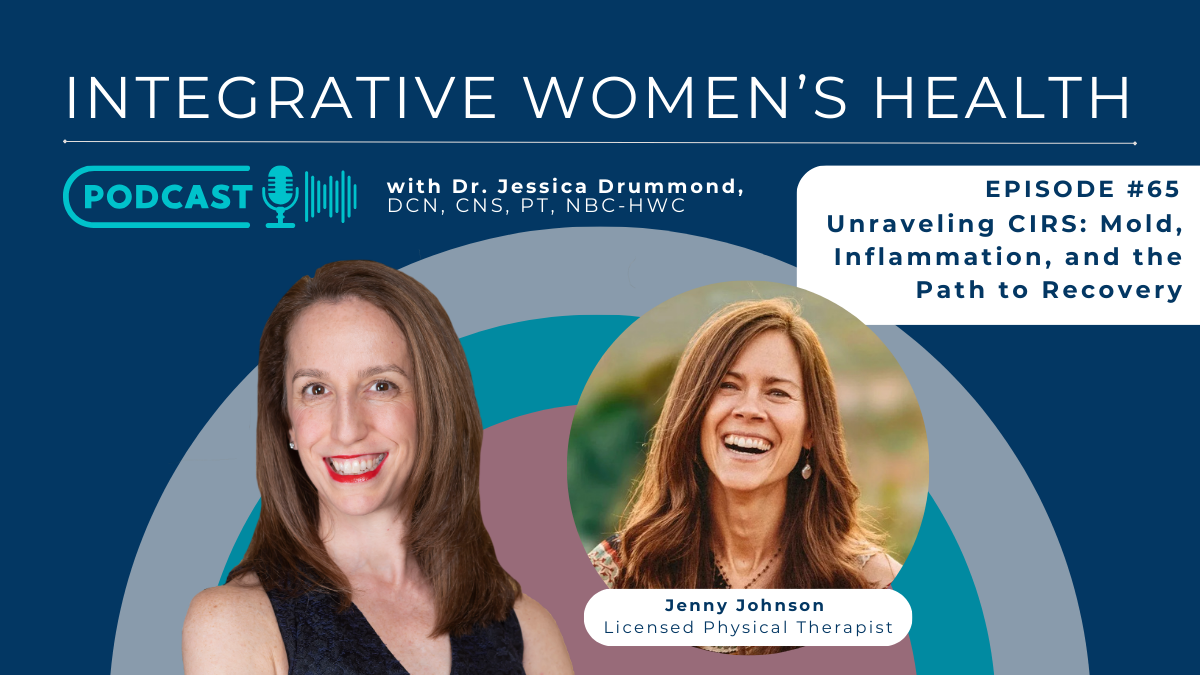Part 2: Supportive Care During Acute Infection
Even if you do everything you can to avoid covid infection, covid is a highly transmissible virus that is rapidly mutating. So, don’t beat yourself up if you do become infected.
This virus needs to be addressed on a population level. Unfortunately, that is unlikely to happen to the extent that it is needed in order to slow and stop the spread of acute covid infection.
Do your best to avoid reinfection, but if you are infected or reinfected there are some things you can do to reduce the severity of the infection, support your recovery, and reduce the risk of long covid.
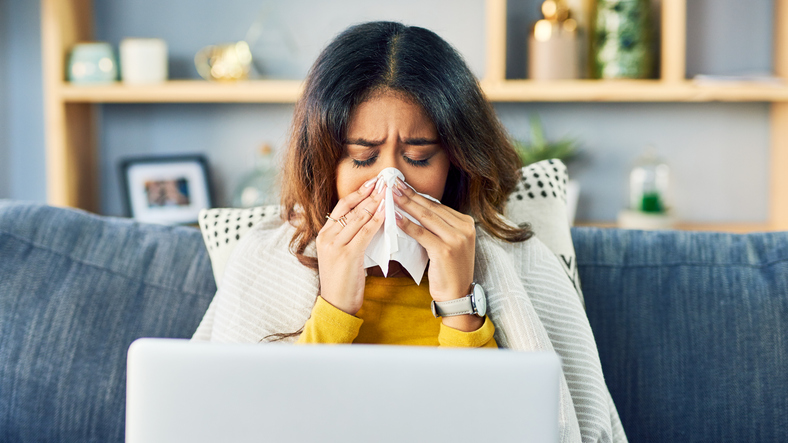
Reduce the viral load.
The lower the viral load, the less damage that covid can do to your organs, vascular system, and immune system. Your first goal is to minimize the damage, so that you can more fully recover.
Strategies to Reduce the Viral Load:
- Nasal sprays. Several available nasal sprays, discussed in Part 1, are useful for lowering viral load in the nose during acute covid infection which can help speed recovery and reduce transmission.
- 3CL protease inhibitors:
- Paxlovid is a combination antiviral pharmaceutical which inhibits the 3CL protease enzyme, reducing the length and severity of acute covid.
- Tollovid is a nutritional supplement derived from the plant, Lithospermum erythrorhizon, also known as Gromwell Root. This botanical extract is the key ingredient in Tollovid, selected for its potential to inhibit the enzyme 3CL protease – a main protease found in many viruses. While research is ongoing, this 3CL protease inhibition activity is promising for reducing viral load in acute covid. I also recommend that my clients take 14-60 days of tollovid post acute virus, after completing their Paxlovid prescription to reduce the risk of rebound infection.
- Vedicinals is an Indian designed liquid combination of nutrients and herbal extracts that in combination are highly effective antiviral agents. The challenge with this product is access. It’s difficult to get in North America or Europe in a timely manner. Thus, I generally recommend that my clients use Itis by Return Healthy or Neuroflamm by Apex Energetics, in addition to B complex zinc, and selenium support. At the end of this article, I will include a link to a full list of recommended supplements for this acute phase that are available at Fullscript.
- Saline nasal irrigation and gargling is another valuable, inexpensive, and accessible tool to reduce the viral load. This is also a low-cost strategy for prevention.
- Zinc 60mg-100mg daily (if taken for a prolonged period, add 1-2mg daily of copper), zinc has a variety of antiviral mechanisms that are discussed in this paper in relation to the covid19 virus.
While sauna is more of a prevention strategy, acutely using a sauna to elevate temperature may be helpful in the acute phase if well hydrated and well tolerates.
As a preventative, increased frequency of sauna combined with increased cardiorespiratory fitness in general reduces pneumonia risk. – https://www.ncbi.nlm.nih.gov/pmc/articles/PMC7995101/
Struggling with Long Covid? Work 1:1 with Dr. Jessica Drummond.
Unfortunately, we have never reached a scenario where case rates dropped below 10,000 per day in the United States population in which case population spread could decline more permanently. In fact, as of this writing in July of 2024, 1 in every 54 people in the US are infected with covid. Thus, any indoor space, such as airports, restaurants, or theaters with 54 or more people can be assumed to contain people infected with covid.
Support the autonomic nervous system.
Because one of the most common presentations of long covid includes dysautonomia, and recovery from all infections is hastened by autonomic nervous system regulation, strategies to support nervous system health are key to an easier and more rapid acute infection recovery.
Strategies to Support Autonomic Nervous System Health:
- Rest as much as you can. The Dalai Lama once said, “Sleep is the best meditation.” He was on to something. The more you sleep and rest the easier it will be to recover.
- Avoid screens. The more you’re exposed to screens, the more abnormal your Heart Rate Variability (HRV) will be. An increasing HRV level is a key indicator of recovery, and screen time will reduce your HRV.
- Slow, deep breathing. Performing breathing exercises with the assistance of a mobile app, has been shown to improve the HRV and health related quality of life of people with long covid. Start early during your acute infection to reduce the impacts of the virus on your autonomic nervous system.
- Exposure to nature, even in virtual reality or via watching nature videos has been shown to lower inflammation and improve autonomic nervous system health.
- Consider using a CBD tincture to reduce anxiety and calm the nervous system so that you can attain better rest. This is the brand that I have vetted for purity and quality, and use personally.
Struggling with Long Covid? Work 1:1 with Dr. Jessica Drummond.
Sleep Support Supplements
- Melatonin: 1mg – 10mg nightly as needed, slow release formulations are preferred to avoid night waking.
- Progesterone: Collaborate with your prescribing physician. Especially for perimenopausal and menopausal women, oral micronized progesterone can be highly supportive for sleep length and quality.
Hydrate, Hydrate, Hydrate
Drinking water with added electrolytes is essential throughout the acute phase (and even for prevention. Suboptimal hydration pre-acute covid infection has been found to increase risk of death from covid.
Not only is drinking water and electrolytes important, hydrating the nose, larynx, and trachea are also highly beneficial. In a random control study of COVID-19 positive subjects (n = 40), thrice-a-day delivery of the calcium-rich hypertonic salts (active) suppressed respiratory droplet generation by 51% ± 11% and increased oxygen saturation over three days of treatment by 48.08% ± 9.61% (P < 0.001), while no changes were observed in the nasal-saline control group. Fend is a commercially available, airway irrigation tool that utilizes these mineral salts.
Reduce inflammation.
Reducing the acute inflammation of covid is the key to keeping your infection mild, and while even though mild infection can result in long covid (even a few months after infection or longer), reducing the initial damage is important to overall recovery and health.
Strategies to Reduce Inflammation:
- Eat a plant heavy diet. In a multicenter study from Johns Hopkins University, in 2884 front-line healthcare workers from six countries (France, Germany, Italy, Spain, UK, USA), individuals who reported following plant-based diets and plant-based diets or pescatarian diets that were higher in vegetables, legumes and nuts, and lower in poultry and red and processed meats, had 73% and 59% lower odds of moderate-to-severe COVID-19, respectively. Even if these subjects ate some eggs, fish, and meat, the more vegetables they ate, the less severe their infections were.
- Supplementation. A wide variety of supplements is available to reduce acute inflammation and promote healing. This list is not complete, but is a reasonable place to start:
Supplementation to Reduce Acute Covid Inflammation:
- Vitamin D 2000-10,000 IU/day for adults, taken with food including fat to promote absorption. Depending on your vitamin D levels, work with your healthcare professional to optimize your dosing, higher short term dosing may be more effective vitamin D also has antiviral effects and can be depleted during acute viral infections.
- Omega 3 fats: 2000 mg of EPA/DHA twice daily in divided doses with food for improved Omega-3’s have broad anti-inflammatory effects and may help to protect against loss of the sense of smell.
- Specialized pro-resolving lipid mediators (SPM) are useful for clearing injured tissue and cell debris, removing pathogens, and augmenting the concentration of anti-inflammatory lipid meditors.
- Resveratrol 200 to 2000 mg/day, taken with food in divided doses. Resveratrol also has anti-viral effects.
- Quercetin: up to 400 mg three times a day with meals. It is better absorbed in liposomal formulations, and should not be taken at the same time as ivermectin. (Avoid if having surgery as it can increase serotonin syndrome.)
- Curcumin 500 mg twice daily, ideally taken with black pepper and full fat milk or coconut milk.
- Rosmarinic Acid, 100mg – 150mg daily (This is included in the supplement stack in Fullscript in Catechola Calm, which also contains B vitamins and other calming nutrients to nourish the stress response during acute illness.)
- Alpha Lipoic Acid (ALA), antioxidant 300 mg twice a day with food to reduce nerve damage when combined with the omega-6 fatty acids below.
- Gamma – Linolenic Acid (GLA) 600mg from evening primrose, borage, and/or black currant seed oils are also beneficial for nerve injury, especially when combined with other omega fatty acids.
- N Acetyl Cysteine (NAC), a precursor for the essential antioxidant, glutathione, and/or glutathione. NAC: 600-1200 mg, 2-3 times daily or glutathione via IV (be cautious if dealing with pericarditis or myocarditis, talk with your physician about glutathione via IV in those cases) or liposomal.
- Black cumin seed oil (nigella sativa) use as directed or add to foods or smoothies. (Avoid if having surgery as it can increase serotonin syndrome.)
Support the vascular system.
Because covid is a vascular disease that impacts every organ system of the body. Support of vascular health is key during acute infection.
Strategies to support vascular health:
- Gentle movement. Even if you are only mildly fatigued, limit movement to gentle mobility exercise, walking, swimming, yoga, or other gentle exercise in the acute phase.
- Nourish with beets, beet powder, bok choy, celery juice, leafy greens and leafy green juices, and other high nitrate vegetables to increase levels of vascular nitric oxide.
Supplementation to support the vascular system:
- Aspirin: 325mg daily, discuss any risks or contraindications with your healthcare provider.
- Arterosil
- Vascanox
- Proteolytic enzymes. While the data is currently limited, it is ongoing, so consider such proteolytic enzymes as nattokinase, serrapeptase, lumbrokinase, and bromelain. Serrapeptase is also valuable for pain management in my clients with endometriosis, so consider how some of these tools can be valuable in a personalized approach to each client.
Support metabolic health.
- Avoid sugar
- With every meal or snack include protein, fiber, and healthy fat, such as olive oil.
- Eat gently during the acute phase, as there may be some benefit to fasting. Consider at least intermittent fasting for at least 12 hours overnight.
- Metformin: There are multiple studies on the benefits of metformin for long covid. With a recent preprint suggesting, not just a 58% reduction in severity and even death from acute covid, but also a 42% reduction in long covid risk. Discuss the appropriate dosing for you with your medical team.
Protect mitochondrial function.
Fatigue is one of the most common symptoms of covid infection and long covid. Protecting and recovering mitochondrial function is essential for recovery, but is complicated as hypoxia-reperfusion syndrome may be contributing to the post-exertional malaise or symptom exacerbation that is so common among those with long covid.
I will discuss this in more detail in Part 3, when we discuss long covid recovery.
During the acute recovery, supplement with:
- CoQ10, such as mitoQ, 2 capsules about 20 minutes before breakfast.
- Red light therapy at 660nm for 5-20 minutes daily
- One of my favorite tools for fatigue combines NMN with resveratrol (be careful of overdose with other products containing resveratrol), which I have found more effective than IV NAD or other NAD precursors, 1-2 scoops daily
Support digestive health and gut microbiome.
Again, plant based nutrition is the most studied tool to support digestive and gut microbiome health in acute covid.
Optimizing the amount of faecalibacterium prausnitzii in the gut can reduce the severity of acute covid. Eating fruits, especially kiwi, vegetables, whole grains, legumes, nuts, fermented foods, and dark chocolate can all promote healthy commensal bacteria in the gut, including faecalibacterium prausnitzii.
We’ll discuss more specific beneficial probiotic strains in Part 3.
In the meantime, sleep well, rest away from screens, spend time in nature, breathe slowly and deeply, move gently, and eat gently through this acute phase prioritizing plant foods, broths, teas, greens, green juices, vegetables, and don’t forget hydration.
Here is a short cut to the supplements I listed in this article that you can purchase directly at our practice discount through Fullscript.
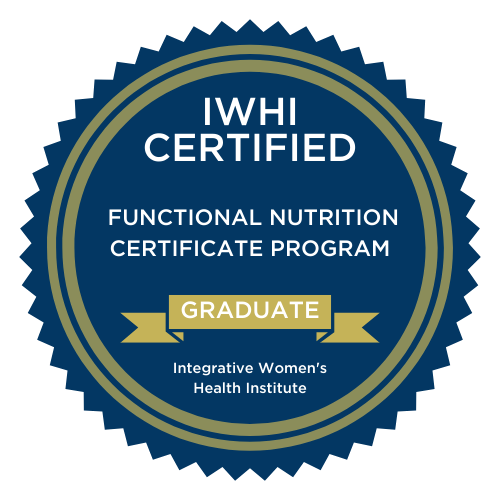
BECOME A FUNCTIONAL NUTRITION EXPERT IN 6 MONTHS!
Fast-track to becoming a specialized expert in functional nutrition for women’s health in under six months.
Gain the confidence you need to address digestive health issues, chronic pain and illness, autoimmune conditions, gut microbiome imbalances, disordered eating, hormonal imbalances, fatigue, and more!
References:
Oh, K. K., & Adnan, M. (2022). Revealing Potential Bioactive Compounds and Mechanisms of Lithospermum erythrorhizon against COVID-19 via Network Pharmacology Study. Current issues in molecular biology, 44(5), 1788–1809. https://doi.org/10.3390/cimb44050123
Huijghebaert, S., Parviz, S., Rabago, D., Baxter, A., Chatterjee, U., Khan, F. R., Fabbris, C., Poulas, K., & Hsu, S. (2023). Saline nasal irrigation and gargling in COVID-19: a multidisciplinary review of effects on viral load, mucosal dynamics, and patient outcomes. Frontiers in public health, 11, 1161881. https://doi.org/10.3389/fpubh.2023.1161881
Ekici, B., Tanındı, A., Ekici, G., & Diker, E. (2016). The effects of the duration of mobile phone use on heart rate variability parameters in healthy subjects. Anatolian journal of cardiology, 16(11), 833–838. https://doi.org/10.14744/AnatolJCardiol.2016.6717
Corrado J, Iftekhar N, Halpin S, et al. HEART Rate Variability Biofeedback for LOng COVID Dysautonomia (HEARTLOC): Results of a Feasibility Study. Advances in Rehabilitation Science and Practice. 2024;13. doi:10.1177/27536351241227261
Eisen, A. M., Bratman, G. N., & Olvera-Alvarez, H. A. (2024). Susceptibility to stress and nature exposure: Unveiling differential susceptibility to physical environments; a randomized controlled trial. PloS one, 19(4), e0301473. https://doi.org/10.1371/journal.pone.0301473
Benz, A. B. E., Gaertner, R. J., Meier, M., Unternaehrer, E., Scharndke, S., Jupe, C., Wenzel, M., Bentele, U. U., Dimitroff, S. J., Denk, B. F., & Pruessner, J. C. (2022). Nature-Based Relaxation Videos and Their Effect on Heart Rate Variability. Frontiers in psychology, 13, 866682. https://doi.org/10.3389/fpsyg.2022.866682
Stookey, J. D., Allu, P. K. R., Chabas, D., Pearce, D., & Lang, F. (2020). Hypotheses about sub-optimal hydration in the weeks before coronavirus disease (COVID-19) as a risk factor for dying from COVID-19. Medical hypotheses, 144, 110237. https://doi.org/10.1016/j.mehy.2020.110237
George, C.E., Scheuch, G., Seifart, U. et al. COVID-19 symptoms are reduced by targeted hydration of the nose, larynx and trachea. Sci Rep 12, 4599 (2022). https://doi.org/10.1038/s41598-022-08609-y
Kim H, Rebholz CM, Hegde S, et alPlant-based diets, pescatarian diets and COVID-19 severity: a population-based case–control study in six countriesBMJ Nutrition, Prevention & Health 2021;4:doi: 10.1136/bmjnph-2021-000272
Vaghari-Tabari, M., Mohammadzadeh, I., Qujeq, D., Majidinia, M., Alemi, F., Younesi, S., Mahmoodpoor, A., Maleki, M., Yousefi, B., & Asemi, Z. (2023). Vitamin D in respiratory viral infections: a key immune modulator?. Critical reviews in food science and nutrition, 63(14), 2231–2246. https://doi.org/10.1080/10408398.2021.1972407
Yan, C. H., Rathor, A., Krook, K., Ma, Y., Rotella, M. R., Dodd, R. L., Hwang, P. H., Nayak, J. V., Oyesiku, N. M., DelGaudio, J. M., Levy, J. M., Wise, J., Wise, S. K., & Patel, Z. M. (2020). Effect of Omega-3 Supplementation in Patients With Smell Dysfunction Following Endoscopic Sellar and Parasellar Tumor Resection: A Multicenter Prospective Randomized Controlled Trial. Neurosurgery, 87(2), E91–E98. https://doi.org/10.1093/neuros/nyz559
van Brummelen, R., & van Brummelen, A. C. (2022). The potential role of resveratrol as supportive antiviral in treating conditions such as COVID-19 – A formulator’s perspective. Biomedicine & pharmacotherapy = Biomedecine & pharmacotherapie, 148, 112767. https://doi.org/10.1016/j.biopha.2022.112767
Kumar, V., Yasmeen, N., Chaudhary, A. A., Alawam, A. S., Al-Zharani, M., Suliman Basher, N., Harikrishnan, S., Goud, M. D., Pandey, A., Lakhawat, S. S., & Sharma, P. K. (2023). Specialized pro-resolving lipid mediators regulate inflammatory macrophages: A paradigm shift from antibiotics to immunotherapy for mitigating COVID-19 pandemic. Frontiers in molecular biosciences, 10, 1104577. https://doi.org/10.3389/fmolb.2023.1104577
Marreiro, D. D. N., Cruz, K. J. C., Oliveira, A. R. S., Morais, J. B. S., Freitas, B. J. E. S. A., Melo, S. R. S., Dos Santos, L. R., Cardoso, B. E. P., & Dias, T. M. D. S. (2022). Antiviral and immunological activity of zinc and possible role in COVID-19. The British journal of nutrition, 127(8), 1172–1179. https://doi.org/10.1017/S0007114521002099
Bramante, C. T., Beckman, K. B., Mehta, T., Karger, A. B., Odde, D. J., Tignanelli, C. J., Buse, J. B., Johnson, D. M., Watson, R. H. B., Daniel, J. J., Liebovitz, D. M., Nicklas, J. M., Cohen, K., Puskarich, M. A., Belani, H. K., Siegel, L. K., Klatt, N. R., Anderson, B., Hartman, K. M., Rao, V., … Huling, J. D. (2023). Metformin reduces SARS-CoV-2 in a Phase 3 Randomized Placebo Controlled Clinical Trial. medRxiv : the preprint server for health sciences, 2023.06.06.23290989. https://doi.org/10.1101/2023.06.06.23290989
Horne, B. D., May, H. T., Muhlestein, J. B., Le, V. T., Bair, T. L., Knowlton, K. U., & Anderson, J. L. (2022). Association of periodic fasting with lower severity of COVID-19 outcomes in the SARS-CoV-2 prevaccine era: an observational cohort from the INSPIRE registry. BMJ nutrition, prevention & health, 5(2), 145–153. https://doi.org/10.1136/bmjnph-2022-000462
Kell, D. B., & Pretorius, E. (2022). The potential role of ischaemia-reperfusion injury in chronic, relapsing diseases such as rheumatoid arthritis, Long COVID, and ME/CFS: evidence, mechanisms, and therapeutic implications. The Biochemical journal, 479(16), 1653–1708. https://doi.org/10.1042/BCJ20220154
Kunutsor, S. K., & Laukkanen, J. A. (2021). High fitness levels, frequent sauna bathing and risk of pneumonia in a cohort study: Are there potential implications for COVID-19?. European journal of clinical investigation, 51(3), e13490. https://doi.org/10.1111/eci.13490
Demirci M. (2022). Could Faecalibacterium prausnitzii Amount in the Gut Microbiota Be Used to Monitor the COVID-19 Severity?. The Turkish journal of gastroenterology : the official journal of Turkish Society of Gastroenterology, 33(10), 899–900. https://doi.org/10.5152/tjg.2022.22100

Dr. Jessica Drummond
Founder & CEO
The Integrative Women’s Health Institute
At the Integrative Women’s Health Institute, we’ve dedicated 17 years to crafting evidence-driven, cutting-edge programs that empower practitioners like you to address the complexities of women’s health.
Dr. Jessica Drummond’s unique approach focuses on nervous system dysregulation, trauma, and mindset – essential elements often overlooked in traditional health education.
In addition, your training will be fully evidence based, personalized, and nuanced (this is not a cookie cutter approach) in functional nutrition, exercise, recovery, cellular health, and all other lifestyle medicine tools.
You’ll learn to support your clients with cutting edge tools safely and effectively.
Read Related Posts from The Integrative Women's Health Institute Blog:
Download The WHC Program Guide!
Enter your information to download your copy The Women’s Health Coach Certification Program guide.
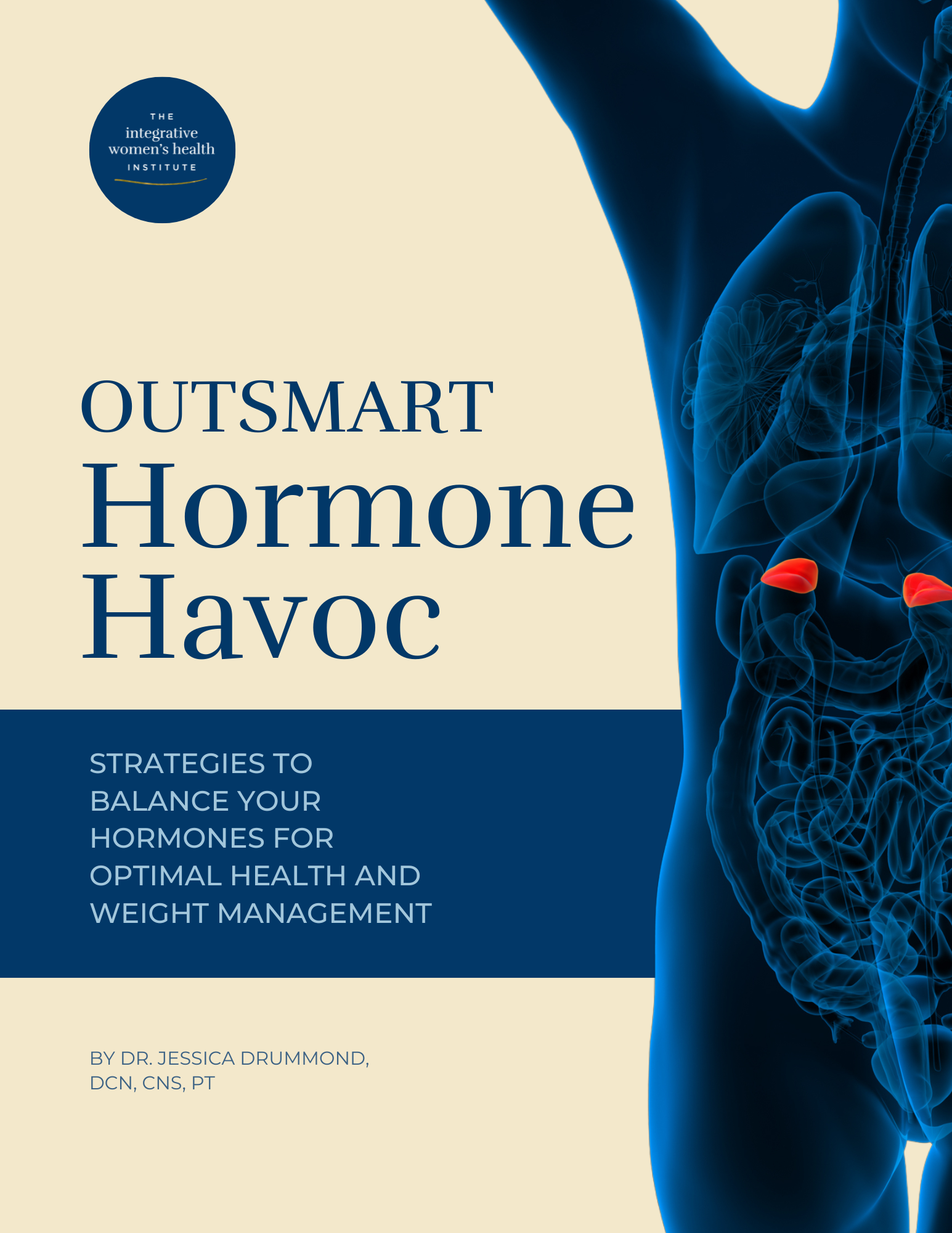
Download your free copy of the Outsmart Hormone Havoc eBook!

